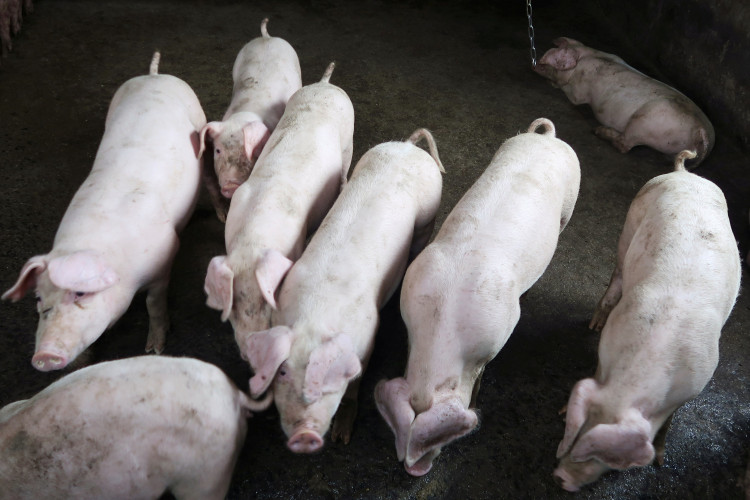Philippines' Agriculture Secretary Manny Piñol said that they are studying the possibility of exporting pork to China as the Asian economic giant deals with the crisis caused by the African swine fever. Mr. Piñol discussed the possibilities with Chinese Consul General Li Lin. China suffered from African swine fever outbreaks since 2018.
The statement of the secretary was given on May 2, two days after the visit of Mr. Li. The secretary said that they are looking at the possibility of exporting pork from the Philippines to China because the China hog industry is reeling. Secretary Piñol noted that millions of hogs that include breeders and sows were culled in China as part of the government's effort to control the disease. He added that it will take years for China to recover from the damages caused by the outbreaks.
The secretary is scheduled to go to China on May 16 to continue the negotiation to supply agricultural goods including coconuts, pineapples, and durian to China. He is planning to discuss the possibility if exporting pork during the meeting in China. The secretary clarified their stand over the alleged hog over importation that affects the local hog industry in the country despite the threat of the African swine fever in its neighboring nations. He said that the government could not totally restrict livestock importation since this involved "a deregulated commodity".
He also said that the Department of Agriculture is strictly enforcing its pork ban. He added that he had explained to other nations that were affected by the swine fever that the Philippines need to protect its own hog industry since thousands of Filipinos depend on it.
The secretary also said that they are extending their effort in easing the production costs for livestock in the country by improving local feed grains production like the sorghum. He added that that's they are looking at this problem not from a position where we offer temporary solutions but from institutionalized solutions.
The secretary also said that the export opportunity was seen to stabilize the prices of pork in the local markets and it may also encourage backyard raisers to increase their production. The secretary said that what caps our production is actually the price. He added that the moment farmers feel that there is a market, they can produce more and it's not a question of if we're capable of supplying it. He emphasized that if there's a need, there's demand.





